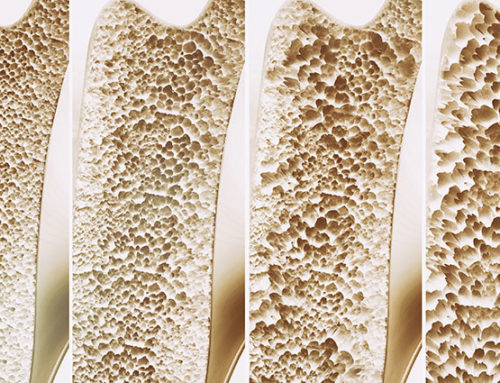A broken bone is an extremely common injury, with over 6 million people in the United States breaking a bone every year. A normal hand has 27 bones and any of them can fracture. A fractured bone is the same as a broken bone and takes time to heal properly. Hand fractures can happen for a number of reasons. Here, we highlight the symptoms and treatment of hand fractures.
What is a hand fracture?
There are five bones in the palm of your hand, eight in your wrists and 14 in your fingers. The finger bones are known as the phalanges, the metacarpal bones are the middle part of your hand and the carpal bones are the wrist.
A hand fracture is a break in one of the bones in the hand. Hand fractures can happen by a fall, crush or twist injury, or through direct contact from sports. These bones can sometimes break into many pieces, where surgical repair is often required.
What are the symptoms of a hand fracture?
There are several signs to look out for during a hand fracture, but remember to always visit a professional to get the proper diagnosis.
Symptoms of a hand fracture include:
- Severe pain that worsens when gripping, squeezing or moving your hand
- Swelling
- Bruising
- Tenderness
- Obvious deformity, like a crooked finger
- Stiffness or the inability to move your finger or thumb
- Numbness in your hand or fingers
- Your injured finger crosses over its neighbor when making a partial fist
If you think you might have a broken hand or display signs of numbness, swelling or trouble moving your fingers seek an orthopaedic doctor immediately. A delay in getting a diagnosis or treatment can lead to the hand healing poorly, decreased range of motion and grip strength worsening.
What is the treatment for a hand fracture?
If the broken ends of the bone aren’t aligned, an overlap can happen, which is a gap between the pieces of the bone or fragment. Your doctor has to manipulate the pieces back into alignment. This procedure is known as reduction or a closed reduction. You might need a local or general anesthetic before the procedure depending on the amount of pain or swelling.
While the hand fracture is healing, it’s important to regularly move your fingers to keep them from stiffening. Again, ask your doctor for the best ways to move them.
Other treatments for hand fractures include:
Immobilization
You’ll likely need a cast or splint during the treatment process. The cast restricts the movement of the broken bone and is crucial for proper healing. The doctor will advise you to keep your hand above heart level as much as possible so the pain and swelling can reduce.
Medications
To help with reducing pain your doctor might recommend over-the-counter pain medication. However, if the pain is severe you may need a prescription medication.
If there is an open fracture, a wound or a break in the skin near the injury, antibiotic medication is prescribed to prevent an infection that could read the bone.
Therapy
Once your cast or splint is removed, you will likely need physical therapy or rehabilitation exercises so the stiffness in your hands reduces and movement is restored. Keep in mind, rehabilitation can take several months or longer for your hand to completely heal.
Surgical treatments
Some hand fractures require surgical treatment where the fracture fragments are realigned and stabilized. An open fracture is an instance where surgical treatment is required, as the pieces of bones have broken through the skin.
Other instances where surgical treatments will take place are:
- A fracture in which the bone pieces move before healing
- Loose bone fragments that could enter a joint
- Damage to the surrounding ligaments, nerves or blood vessels
- Fractures that extend to the joint
Your doctor will make an incision to reposition the bone fragments to their normal alignment. Wires, screws, pins, staples, and plates – small metal devices are used to hold the pieces of fractured bones in their place.
Treatment for hand fractures in Cary, Morrisville, Holly Springs and Raleigh
These are the symptoms and treatment provided when you experience a hand fracture. Always keep in mind that you are in much better hands if you consult an orthopaedic doctor. The doctor can give you a better diagnosis and the severity of your injury and will provide you with the proper treatment needed to help your fractured hand to heal.
If you or a loved one experiences a hand fracture, the hand and wrist experts at Cary Orthopaedics can help. Cary Orthopaedics got its start back in the 1980s as an orthopaedic hand specialist, and we offer this expertise today. Contact us to book an appointment.






